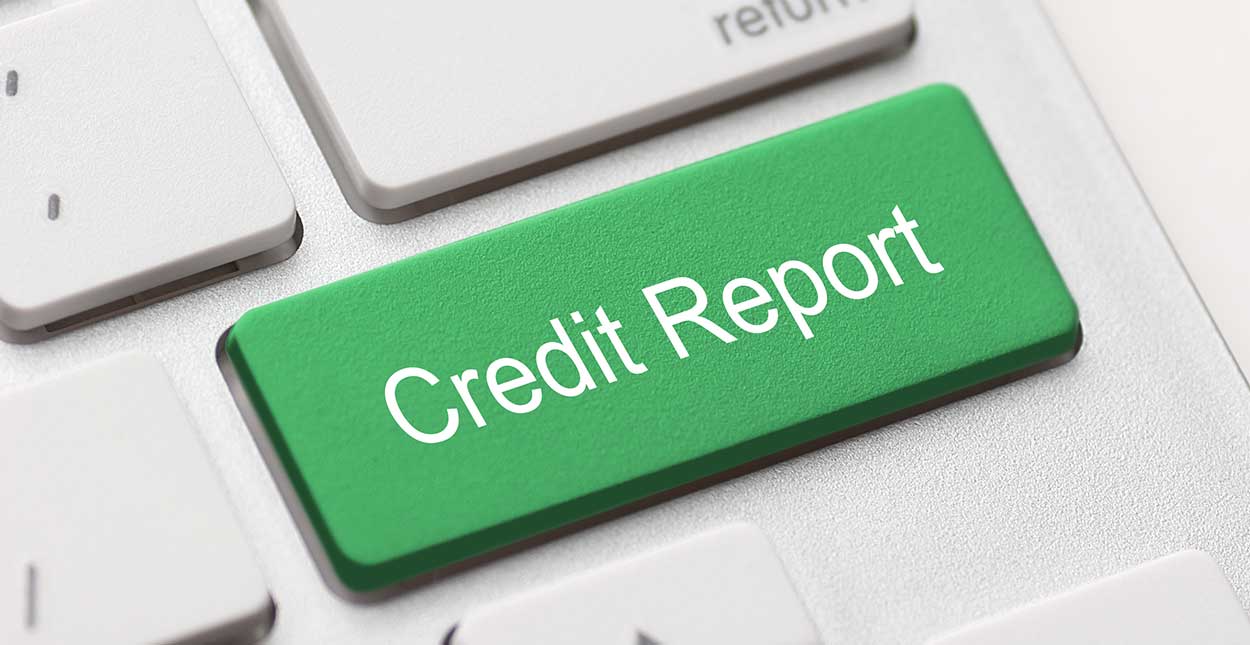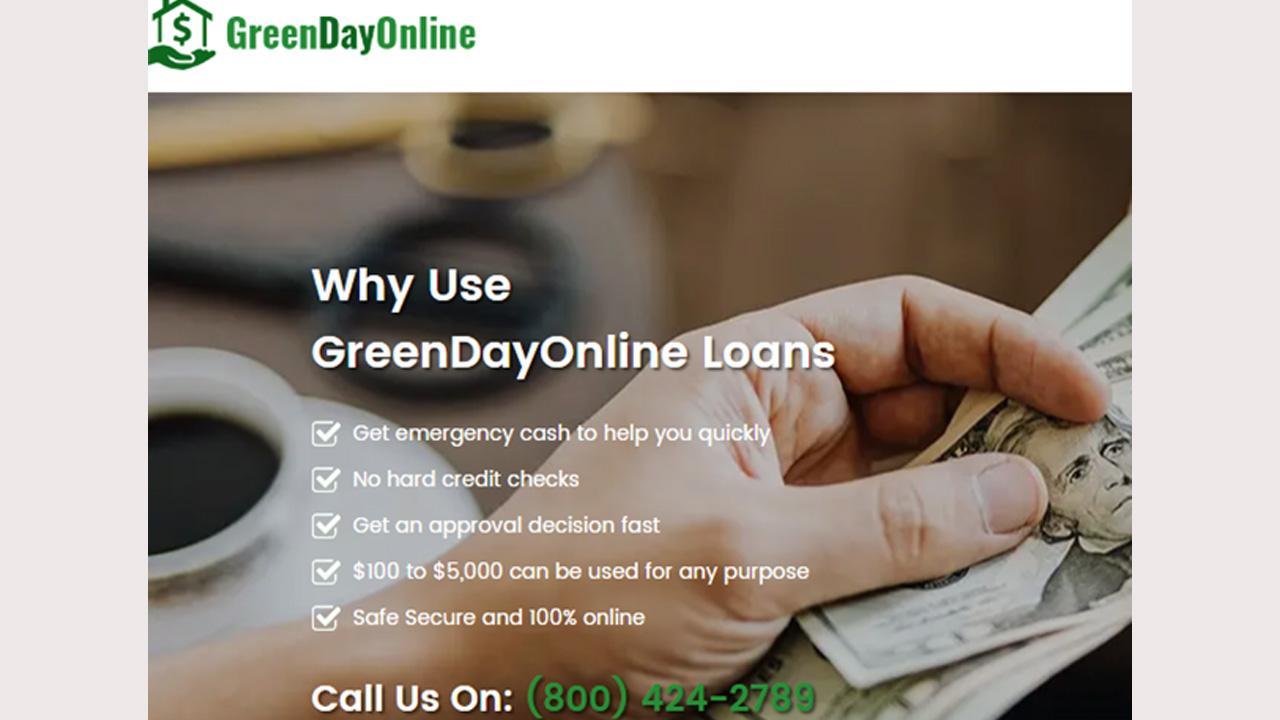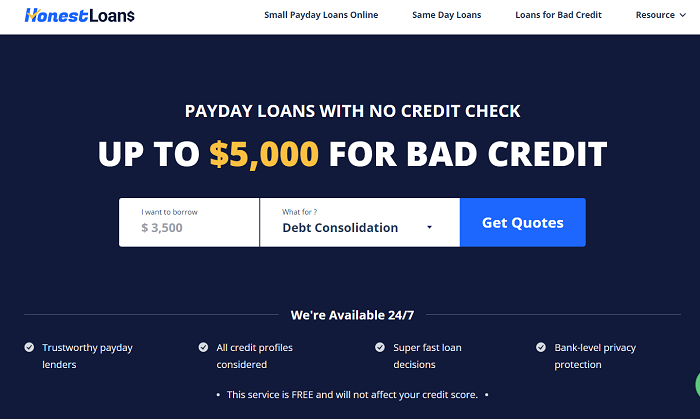Line Of Credit No Credit Check Instant Approval

The promise is alluring: a line of credit, instantly approved, without the dreaded credit check. For those with damaged credit or little credit history, these offers can seem like a lifeline. But experts warn that these seemingly straightforward solutions often come with hidden costs and potential pitfalls that can trap borrowers in cycles of debt.
This article delves into the world of "no credit check, instant approval" lines of credit, examining their mechanics, the target audience, the associated risks, and the alternatives available. We will explore how these financial products operate, drawing on industry reports and expert opinions to provide a comprehensive understanding of their potential benefits and, more importantly, their dangers.
Understanding "No Credit Check" Lines of Credit
A traditional line of credit requires lenders to assess a borrower's creditworthiness through a credit check, pulling reports from credit bureaus like Equifax, Experian, and TransUnion. "No credit check" lines of credit, as the name suggests, circumvent this process.
Instead of relying on credit scores, lenders often focus on other factors, such as income, employment history, and bank account activity. This allows them to cater to individuals who may not qualify for traditional credit products due to low credit scores or a lack of credit history.
However, this accessibility comes at a price. According to a report by the Consumer Financial Protection Bureau (CFPB), "no credit check" loans typically carry significantly higher interest rates and fees compared to traditional credit lines.
The Target Audience and Their Needs
These types of credit lines often target individuals facing financial emergencies or those who need short-term cash flow. This demographic frequently includes those with low incomes, inconsistent employment, or a history of credit problems.
The appeal is clear: quick access to funds without the scrutiny of a traditional credit check.
"For someone struggling to make ends meet, the promise of instant approval can be incredibly tempting,"explains Sarah Miller, a financial counselor at a non-profit credit counseling agency.
Unfortunately, this vulnerability can be exploited. The ease of access and lack of credit checks can mask the underlying costs and potential for long-term financial harm.
The Risks and Hidden Costs
The primary risk associated with "no credit check" lines of credit is the exorbitant interest rates. Annual Percentage Rates (APRs) can often reach triple digits, making it difficult for borrowers to repay the debt.
In addition to high interest rates, these credit lines often come with a variety of fees, including origination fees, maintenance fees, and late payment fees. These fees can quickly add up, further increasing the overall cost of borrowing.
Furthermore, many "no credit check" lenders do not report payment history to credit bureaus. This means that responsible borrowing behavior does not contribute to improving the borrower's credit score. Conversely, missed payments can still be reported to alternative credit bureaus, potentially damaging their credit rating.
Predatory Lending Concerns
The lack of regulatory oversight in some segments of the "no credit check" lending market raises concerns about predatory lending practices. Some lenders may engage in deceptive marketing, hiding the true costs of borrowing or failing to provide adequate disclosures.
The National Consumer Law Center (NCLC) has documented numerous cases of borrowers being trapped in cycles of debt due to unfair lending practices associated with these types of credit products.
These practices include aggressively marketing to vulnerable populations, charging excessive fees, and using abusive collection tactics.
Alternatives to "No Credit Check" Lines of Credit
While "no credit check" lines of credit may seem like a quick fix, there are often better alternatives available. These include:
Secured Credit Cards
Secured credit cards require a cash deposit as collateral, making them easier to obtain for individuals with poor credit. Responsible use of a secured credit card can help build or rebuild credit.
Credit Builder Loans
Credit builder loans are designed to help borrowers establish credit history. The loan proceeds are typically held in a secured account, and the borrower makes regular payments, which are reported to credit bureaus.
Personal Loans from Credit Unions
Credit unions often offer more favorable terms and lower interest rates than traditional banks, particularly for members with limited credit history.
Financial Counseling
Seeking advice from a qualified financial counselor can help individuals develop a budget, manage debt, and explore alternative financial solutions.
The Role of Regulation
Increased regulatory scrutiny is needed to protect consumers from predatory lending practices in the "no credit check" market. This includes stronger enforcement of existing consumer protection laws, as well as the development of new regulations to address the unique risks associated with these types of credit products.
The Federal Trade Commission (FTC) plays a crucial role in investigating and prosecuting companies that engage in deceptive or unfair lending practices.
State-level regulations, such as interest rate caps and disclosure requirements, can also help to protect borrowers.
Looking Ahead
The demand for "no credit check" financial products is likely to persist as long as individuals struggle with credit challenges and financial emergencies. However, it is crucial for consumers to be aware of the risks involved and to explore alternative options.
Financial literacy education plays a vital role in empowering consumers to make informed decisions about borrowing and managing debt. Increased awareness of the potential pitfalls of "no credit check" lines of credit can help individuals avoid costly mistakes.
Ultimately, a combination of responsible borrowing, sound financial planning, and effective regulation is needed to ensure that consumers have access to safe and affordable credit options.


![Line Of Credit No Credit Check Instant Approval $600 Credit Limit - No Credit Check - Instant Approval [Wow!] - YouTube](https://i.ytimg.com/vi/mw3AI_E0UwM/maxresdefault.jpg)















